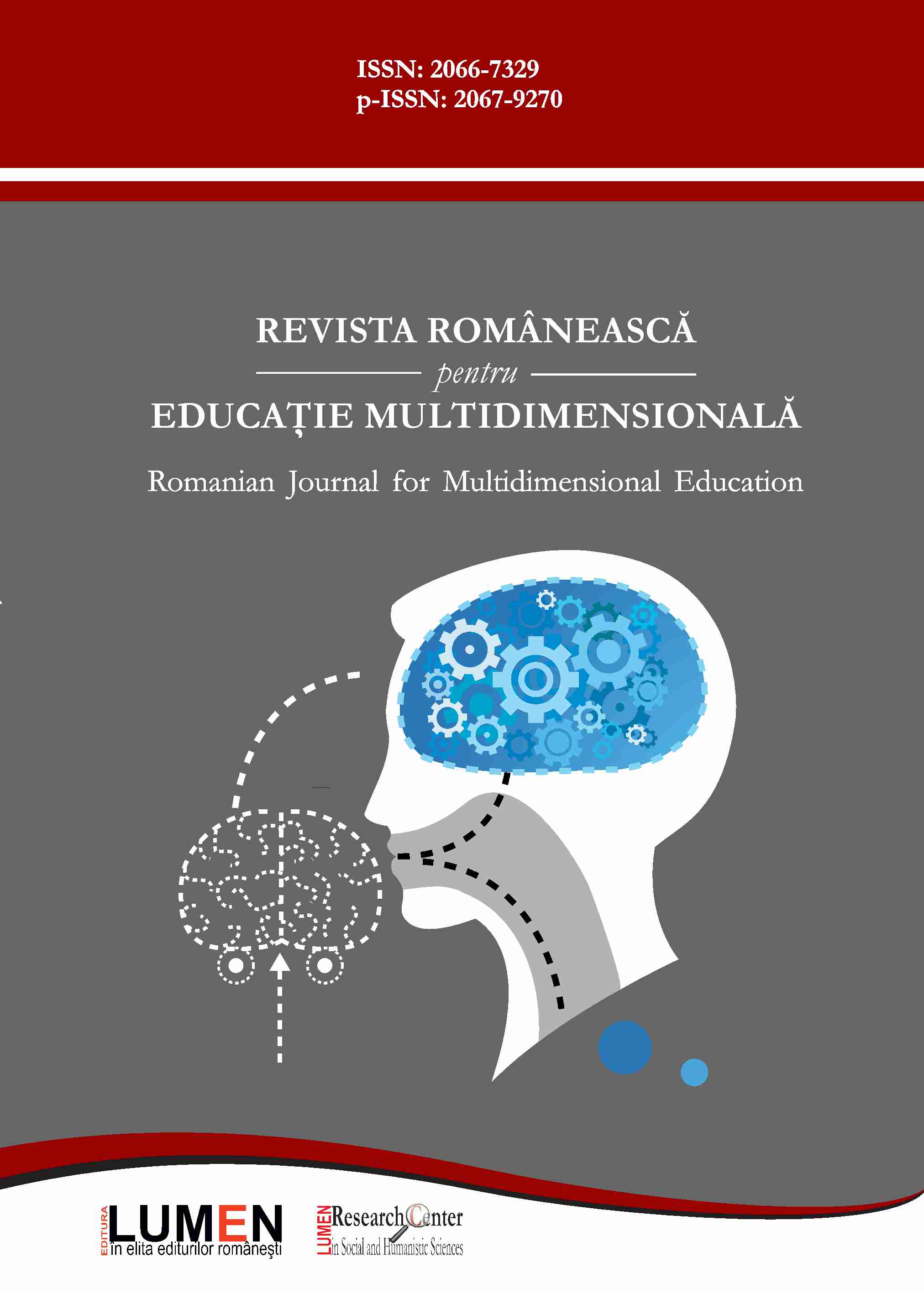The Formation of English-Language Lexical Competence of Future Specialists of Information Technologies
The Formation of English-Language Lexical Competence of Future Specialists of Information Technologies
Author(s): Nataliya Shandra, Lesia Matviienko, Svitlana Karpliuk, Roksolana Povoroznyuk, Valentyna Pochuieva, Olena FonariukSubject(s): Social Sciences, Education, Foreign languages learning, Communication studies, ICT Information and Communications Technologies
Published by: Editura Lumen, Asociatia Lumen
Keywords: written communication; master's programme; IT specialists; linguodidactic model; foreign languages; collective training algorithm;
Summary/Abstract: The article investigates the principle of information technology specialists' competence formation in the conditions of globalization and integration economic processes. In the course of the study, the factors determining the necessity of IT specialists' fluency in foreign languages, in particular in English of professional communication, are identified. Such processes are analyzed on the basis of the theoretical grounding of the researchers on this topic. The relevance of the article is due to the needs of today's globalized society in the context of the development of informatization and digitalization. The study clarifies the essence of English-language lexical competence of future specialists in information technology, identifies the pedagogical conditions, the theoretical rationale, practical development and experimental testing of the methodology for forming English-language lexical competence in future specialists in information technologies within the framework of masters’ degree programmes. The stages of formation of such competence in future IT specialists were determined, a system of tasks for forming English-language lexically competence (ELC) in professionally oriented written communication (POWS) was substantiated and concluded, a linguodidactic model was designed, an algorithm of collective preparation of a written product was proposed. Importantly, the article interprets the results of the experiment in order to verify the effectiveness of the developed method of forming their ELC. The method of analysis, synthesis, research and comparative generalizing method, problem solving method and information and communication method were used for research, a methodical experiment was conducted. On the basis of the obtained data the hypothesis about the effectiveness of the methodology of ELC formation in the POWS of future IT-specialists is confirmed.
Journal: Revista Românească pentru Educaţie Multidimensională
- Issue Year: 14/2022
- Issue No: 4
- Page Range: 21-39
- Page Count: 19
- Language: English

